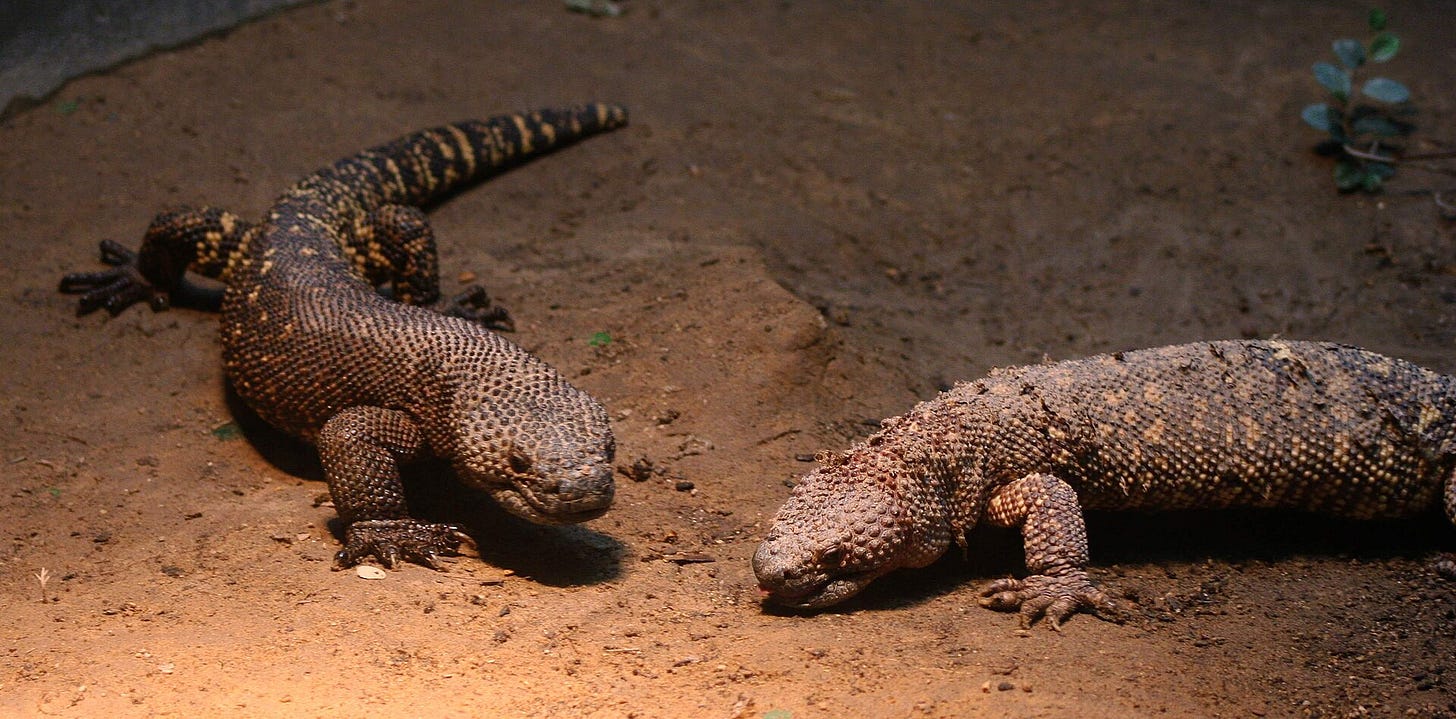This is the man that got stung by insects, on purpose, in the name of science.
BEE🐝 careful what you wish for...
One of the first memories I can recall is being stung by a wasp. I must have been 3 or 4 years old. I remember I was walking down the street with my mom, wearing a baby-pink jumper and minding my business, when I felt a sharp pain next to my bellybutton. After my initial shriek and set of break-dancing movements to shake the pain away, I saw the dark amber wasp fall to the floor.
Living my life at the edge and taming dangerous animals did not stop there for me as a child. My brother, our friends and I would carefully examine the hundreds of ants moving in perfect nature driven coordination in the park. Sometimes, we wanted to make sure that one renegade ant did not go too far from its friends. We would then pick the ant up to try to place it back with its friends with mixed results, because we learned that YOU DO NOT JUST PICK UP THICK RED ANTS. They will bite you, it will hurt and you will cry. Black ants are ok, they will be your friends.
People that grow up and have the childish curiosity, as I did, to play with insects are called entomologists. And some of them have achieved great things in life: like Justin Scmidt, the recipient of an IG Nobel Prize. Before we dive into his story, some context.
The IG Nobel Prize is organized by The Annals of Improbable Research. This prize awards scientific research that, in their words: “first make people laugh, and then make them think”. They have been actively giving prizes since 1991. Each year there is a gala at MIT to celebrate the winners in person, but if you cannot afford a plane ticket or you don’t manage to secure an invitation, you can see it live via streaming.
Previous recipients include:
Intriguing.
Depressing.
Hopeful.
Heart warming.
But what did our protagonist, Justin, do to merit this prize?
Justin wanted to know if venom and painful stings relate to the way insects build larger societies. Among other things, he proved there is no correlation between the pain of a sting and its toxicity. Some animals produce distressing stings with little toxic consequences.
Justin developed his research by getting stung, on purpose, multiple times and creating a pain scale for the insects under study. Then, he wrote thoroughly about the pain he experienced.
His results:
1.0 Sweat bee: Light, ephemeral, almost fruity. A tiny spark has singed a single hair on your arm.
2.0 Yellowjacket: Hot and smoky, almost irreverent. Imagine WC Fields extinguishing a cigar on your tongue.
4.0+ Bullet ant: Pure, intense, brilliant pain. Like walking over flaming charcoal with a 3-inch nail in your heel.
I wonder how the pain of these animals stinging you compare to childbirth. I guess we will never know because there is a reason women live longer, and I think is because of a higher self-preservation decision-making process.
Justin inspired others to follow his same methodology in order to create animal pain indexes. In 2019, Adam Thorn and Rob Alleva hosted the show “Kings of Pain”, developing a pain scale that included not only insects, but a wider variety of animals.
In the 19 episodes of the show, the animal that has scored the highest on the scale is:

The Mexican Beaded Lizard!
The Mexican Beaded Lizard, also named by the locals as the black scorpion, lives in the desert and tropical forests found from the north of Mexico to the southwestern areas of Guatemala.
It is already unique that a lizard is venomous. However, this lizard’s toxin is not highly potent and is usually not fatal for humans. Doctors are even using one hormone in the venom to treat diabetes, since it helps cells to metabolize sugar.
The Mexican Beaded Lizard bite is extremely painful. This animal holds on tightly to the body they are biting to release as much venom as possible. Do not worry though, their diet comprises reptile and bird eggs and they spend 90% of their time secluded in their nests.
Local myths around this animal claim that their breath can kill a human, or if that you stand in the shade of one of these lizards, you will probably die. Not surprisingly, the Kings of Pain hosts gave it the highest rating possible in their pain intensity scale. If you enjoy being stressed for no reason, you can watch the consequences of the bite below.
All I can say is while puzzling, it is admirable that men like Justin were certain, curious, and passionately enough about something to fight their natural survival instincts in the name of science. I hope one day we are lucky enough to find the same motivation and passion in life ♥.



